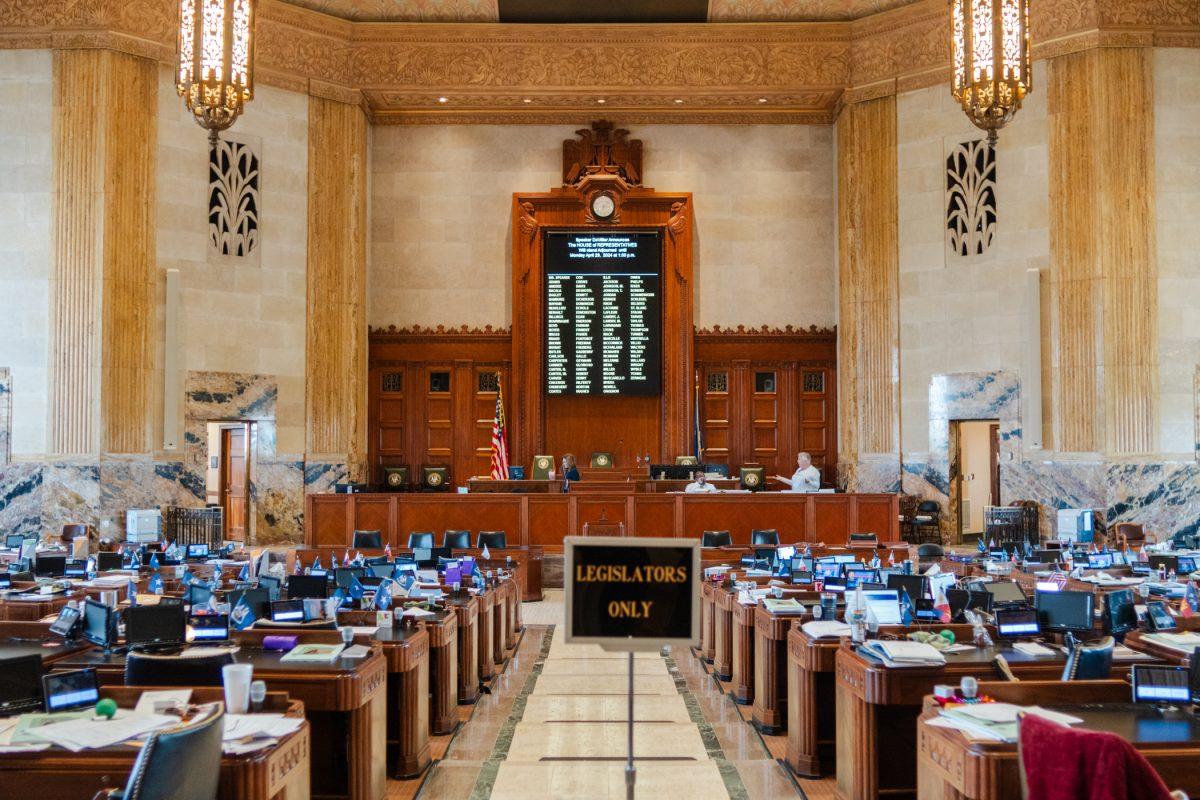As Gov. Jeff Landry’s special session on tax reform came to an end, the state legislature passed a bill that could expand the number of crimes for which juveniles would be sentenced as adults.
Seemingly unrelated to tax reform, Senate Bill 2 passed with a 70 to 25 margin at the end of Gov. Landry’s tax special session. As a result, Louisiana citizens will vote on a constitutional amendment by March 2025 that, if passed, would allow the state legislature to expand the number of felony crimes for which juvenile offenders may be prosecuted in adult court.
The current constitution outlines 16 crimes for which juveniles may be prosecuted as adults, including murder, aggravated rape and armed robbery. The amendment would eliminate that list of transferable crimes, giving the legislature the freedom to place 14-, 15- and 16-year-olds in adult prison for any felony conviction it sees fit.
State Sen. Heather Cloud (R-Turkey Creek), the bill’s sponsor, has said the bills are necessary for public safety.
“Given the serious rise in violent juvenile crime, the legislature is simply asking the people, through a constitutional amendment, for the authority to address the most violent felony juvenile offenses,” Cloud told KALB on Nov. 22. “What is being considered and requested is the flexibility to protect families, homes, businesses and communities from violent crime.”
This is not the first time Louisiana lawmakers have cited public safety as a justification for putting minors in adult prison. This past March, Landry signed S.B. 3 into law, which lowered the age for consideration as a juvenile in the criminal justice system from 18 to 17.
Both S.B. 2 and S.B. 3 have been criticized by advocates of children’s rights and criminal justice reform alike as being overly punitive and ineffective at preventing crime. The Southern Poverty Law Center, Louisiana United Methodist Children and Family Services, Operation Restoration and many other advocacy organizations have released statements condemning S.B. 2.
“The Louisiana legislature has chosen a path that disregards decades of evidence showing that rehabilitative juvenile justice approaches lead to better outcomes for children and public safety,” Terry C. Landry Jr., SPLC’s Louisiana policy director, said in an official statement last Friday.
Also among the legislature’s critics is Checo Yancy, the policy director of Voters Organized to Educate and a longtime advocate of criminal justice reform in Louisiana. A former Angola prisoner, Yancy knows firsthand the impact an adult prison sentence can have on a young person’s development.
“When I got to prison, I realized the injustices of what was going on. I was an honorably discharged veteran. I’m 79 years old and I’ve seen some rough things. But after going to prison, I saw a lot of ignorance, prejudice and injustice,” Yancy recalled. “A 14-year-old kid has no business being in an adult institution. Imagine your nephew, a brother or a relative. Do you think that child would be able to survive the jungle of an adult prison?”
Yancy also said that the children whose lives will be most negatively affected by the amendment are overwhelmingly people of color, explaining the racialized treatment prisoners still experience today.
“When I went to prison, Angola was segregated. White people lived in one dormitory and Black people lived in another. We all committed the same crime, but we were segregated,” he said. “Still today, most Black men never hear the term ‘diversionary.’ But a Caucasian person does — they’ll be put in a diversionary program and that person can still be successful.”
To Yancy’s point, evidence suggests that Black youth are more acutely impacted by the criminal justice system than white children. According to the Sentencing Project, Black youth are four times more likely to be detained in juvenile facilities than their white peers.
Yancy concluded by criticizing what are, in his view, the state legislature’s misplaced priorities.
“For children’s sake, we oppose the amendment. Locking kids up and sending them away for the rest of their lives is not the solution,” he argued. “We have some of the toughest laws since the ‘70s and still have crime. We’d rather lock up the problem than invest in mental health, childhood education and nutrition.”










